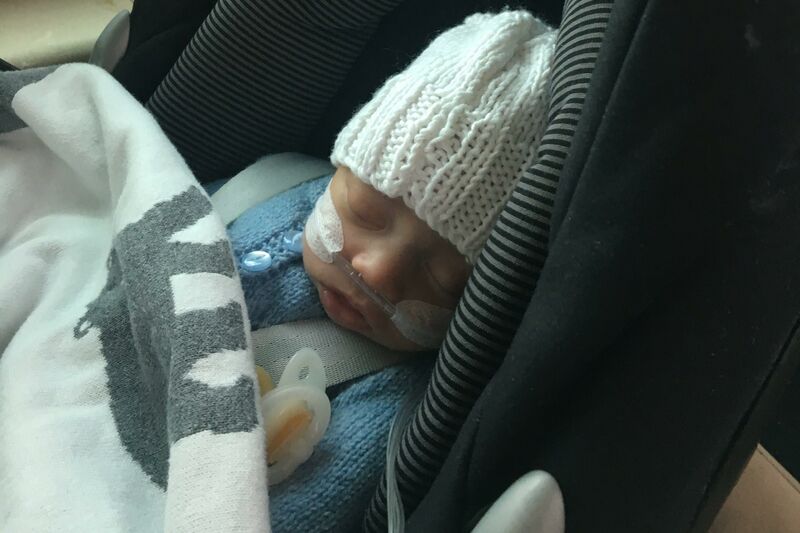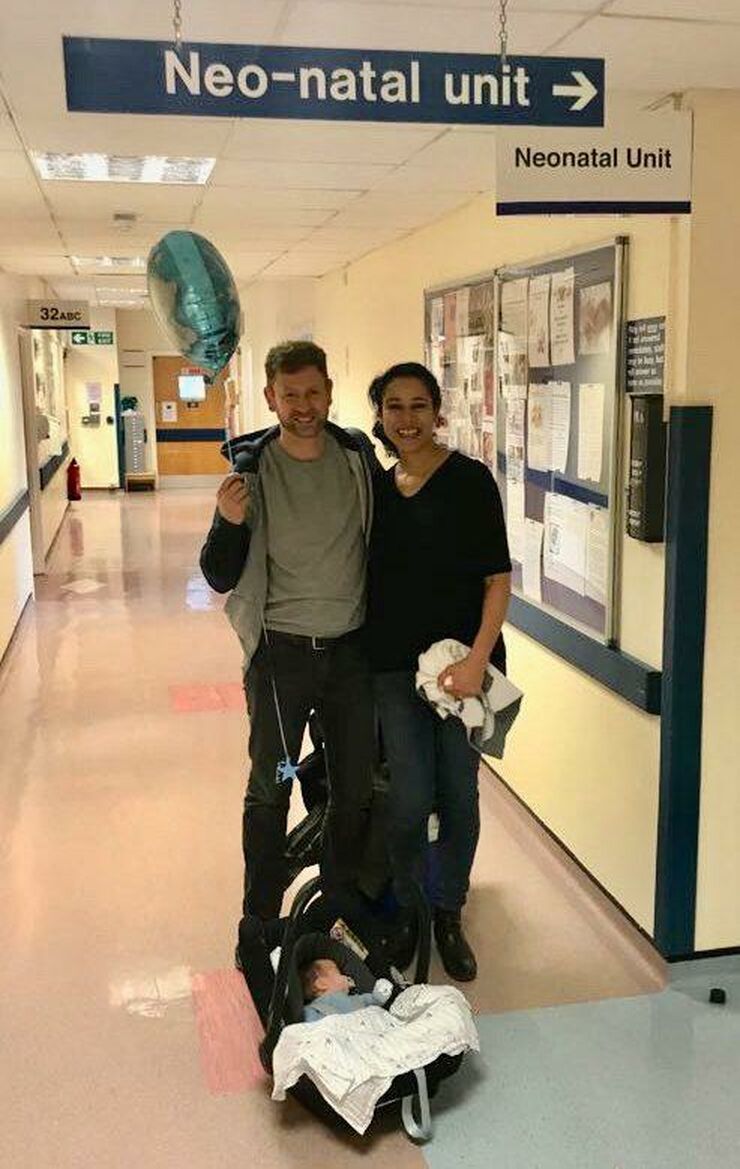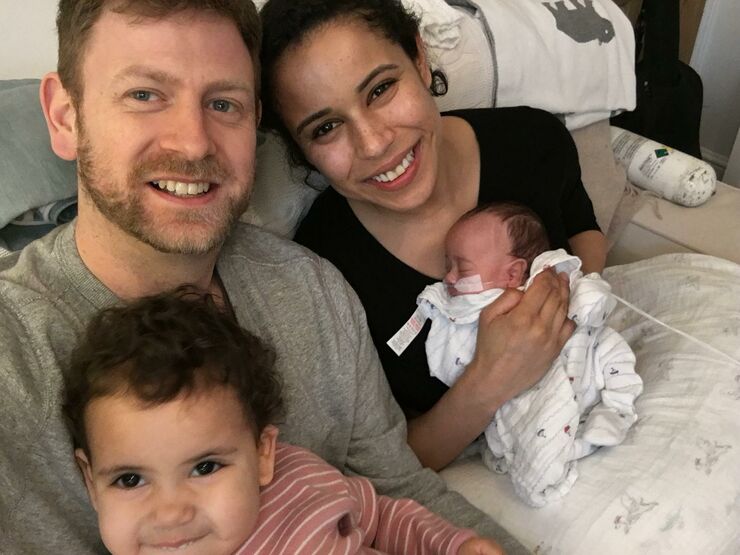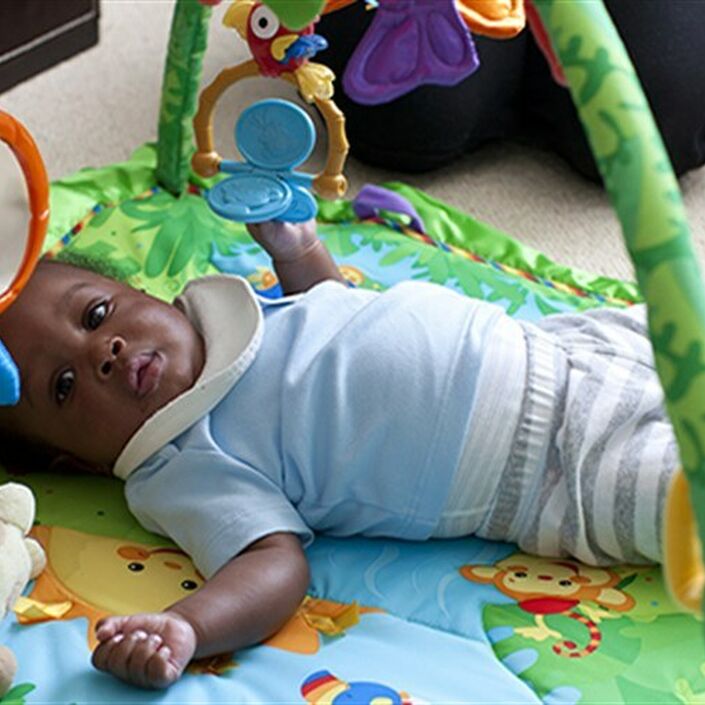From the day my son, Arthur, was born unexpectedly at week 28 of my pregnancy, taking him home was something I yearned for so badly. As the days in hospital turned into weeks, and then into months, it started to feel like that day was never going to come.
Splitting my time between Arthur’s hospital bedside and my 20-month-old daughter at home had been impossible. I was stretched beyond belief, driving between home and hospital to do nursery drop-off and pick-ups. I made sure that every evening I put her to bed before returning to hospital until 10pm at night.
But finally, after 79 days in hospital, all that longing was over and we were discharged. Never again would we have to get in the car, drive home and leave our son alone in hospital. Our family would be together under one roof.
Once we got home on that long-anticipated day, there were highs and lows. On one hand, we didn’t have to ask permission to pick up our son, we didn't have to record his feeds, and we weren’t sharing our space with other parents or staff. We were able to be the parents we wanted to be. I felt free to snuggle him and call him soppy names – which I didn’t feel I could do with other people around.
Looking back, I really got to know Arthur once we had taken him home. I learned, for instance, that he likes me to sing to him. In those first few days at home, I would wake up at night and see his little body lying next to me in his cot, and I’d feel so relieved and happy that I thought my heart would burst.




